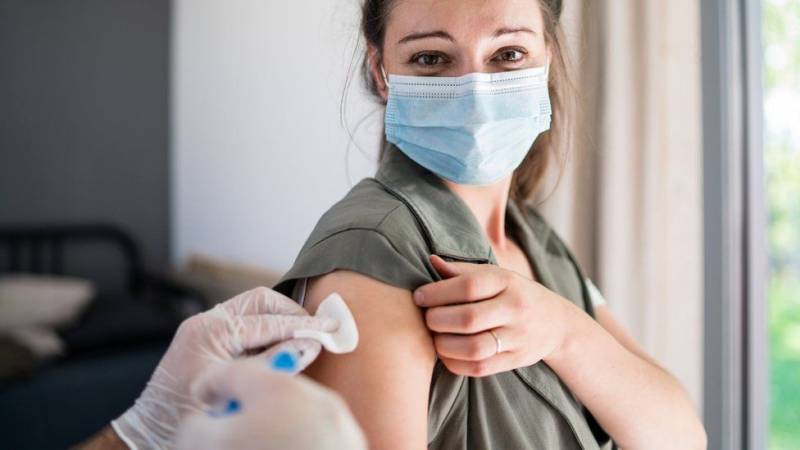Covid booster efficacy wanes significantly by fourth month: US study
China gives conditional approval for Pfizer Covid pill

Stay tuned with 24 News HD Android App

The efficacy of third doses of the Pfizer and Moderna mRNA vaccines wanes substantially by the fourth month after administration, a new study by the US Centers of Disease Control and Prevention (CDC) said Friday.
Though it's now well documented that vaccine efficacy goes down after two doses, relatively little has been published on the duration of protection after a booster.
The new study was based on more than 241,204 visits to the emergency department or an urgent care clinic, and 93,408 hospitalizations, which are more serious, among adults with Covid-19–like illness during August 26, 2021–January 22, 2022.
Vaccine efficacy was estimated by comparing the odds of a positive Covid test between vaccinated and unvaccinated patients and using statistical methods to control for calendar week, geographic area, while adjusting for age, the level of local transmission, and patient characteristics like comorbidities.
During the Omicron-predominant period, vaccine efficacy against Covid-associated emergency department or urgent care visits was 87 percent during the two months after a third dose, but fell to 66 percent by the fourth month.
Vaccine efficacy against hospitalization was 91 percent in the first two months, but fell to 78 percent by the fourth month after a third dose.
"The finding that protection conferred by mRNA vaccines waned in the months after receipt of a third vaccine dose reinforces the importance of further consideration of additional doses to sustain or improve protection," the authors concluded.
Speaking at a White House Covid briefing on Wednesday, President Joe Biden's top medical advisor Anthony Fauci said it was likely that fourth doses would more likely be needed for subsets of people who mount weaker immune responses, such as the elderly and immunocompromised.
- New antibody authorized -
In a separate development Friday, the Food and Drug Administration (FDA) authorized a new lab-grown antibody treatment by pharmaceutical company Lilly called bebtelovimab.
The drug is administered as an intravenous injection over at least 30 seconds and has been green lighted for the treatment of mild-to-moderate Covid among people 12 and over at high risk of severe disease.
Data supporting the authorization came from a clinical trial that showed the drug has strong promise against Omicron. Lilly's previous antibody treatment was de-authorized by the FDA after it was found to be ineffective against this variant.
China approves Pfizer Covid pill
China on Saturday said it had given "conditional" approval for Pfizer's Covid-19 drug Paxlovid to treat adults with mild to moderate illness and a high risk of developing severe disease.
The National Medical Products Administration said further research on the drug needed to be undertaken and submitted to the regulator.
Paxlovid has so far been authorized in several countries including the United States and Israel, while the European Union has permitted member states to use it ahead of formal approval as an emergency measure against Omicron.
Unlike Covid-19 vaccines, the drug does not target the ever-evolving spike protein that the coronavirus uses to invade cells.
China, where the coronavirus first emerged in late 2019, has not approved any foreign-made vaccines against Covid-19.
The world's most populous nation has slowed new cases to a trickle with a strict "zero-Covid" strategy of targeted lockdowns, travel restrictions and lengthy quarantines.
But Beijing is still fighting several isolated flare-ups, locking down a southern city earlier this week as case numbers spiked.
The country's uncompromising approach on the pandemic has led it to hold the ongoing Winter Olympics in a so-called "closed loop," preventing participants from coming into contact with the wider population.
More than 400 cases related to the Games have been confirmed so far, according to organisers.
